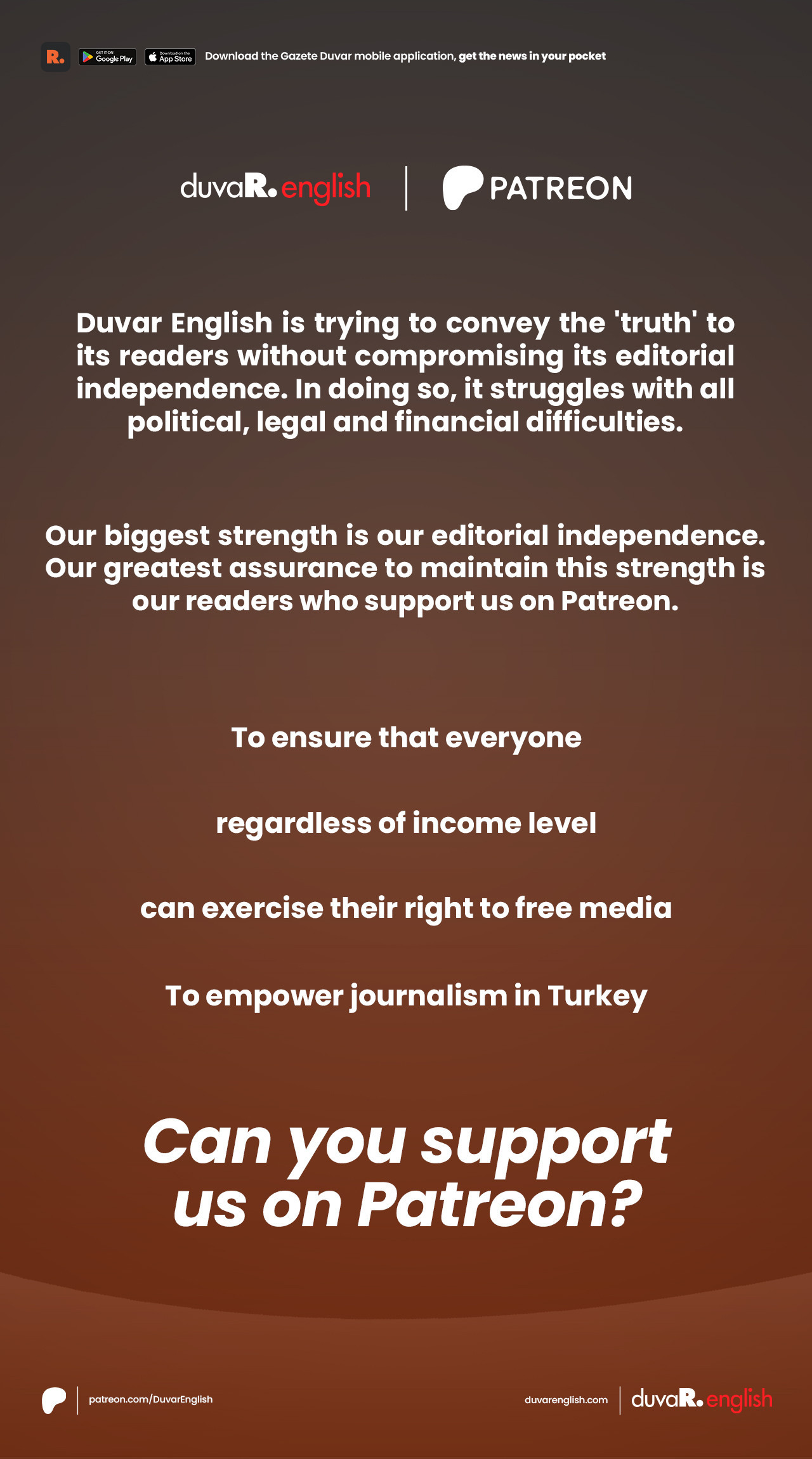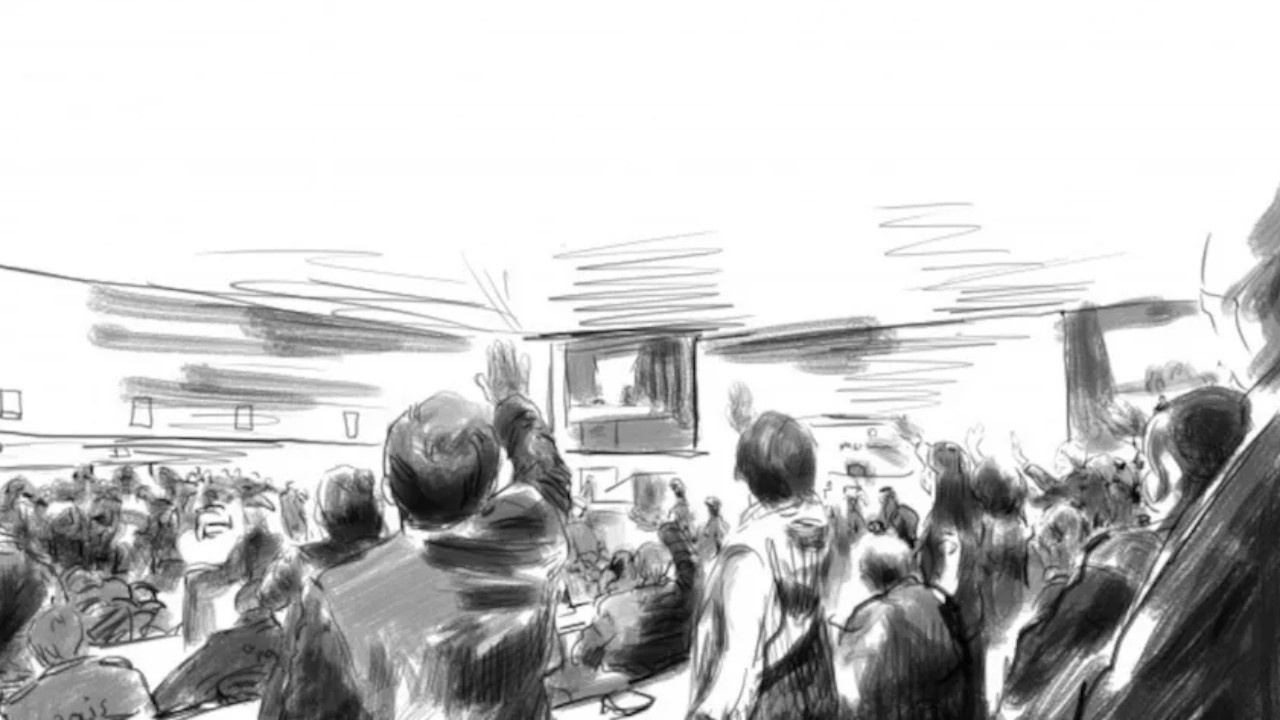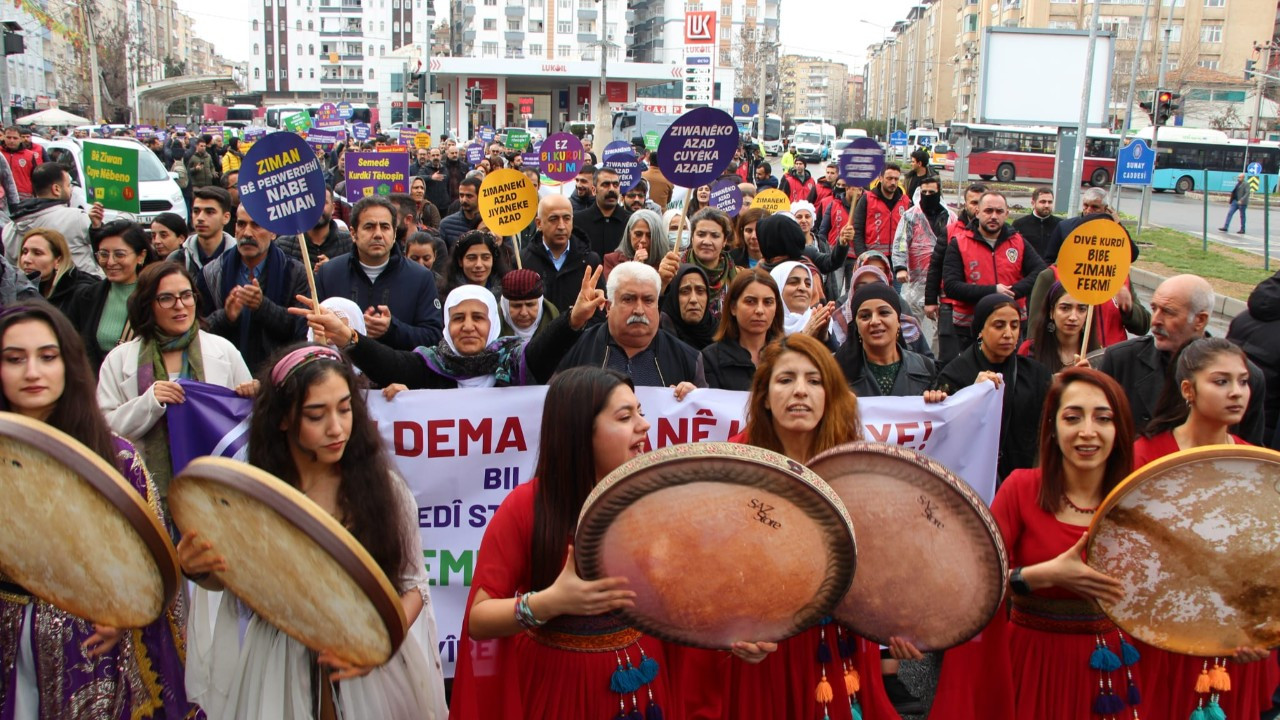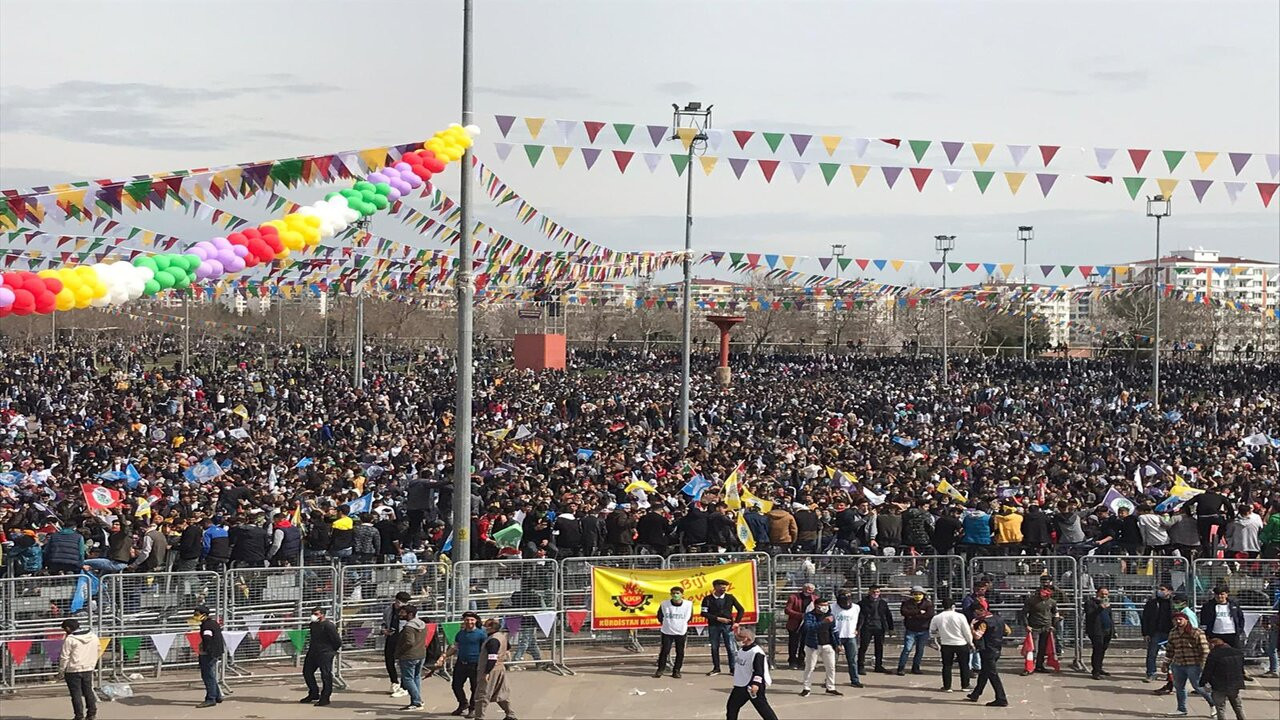İHD’s Peace Conference on the Kurdish issue begins in Diyarbakır
The “Kurdish Solution and Peace Conference” organized by the Human Rights Association (İHD) of Turkey began on March 16 in the southeastern Diyarbakır province. Lawmakers, academics, civil society representatives, and international guests will discuss the Kurdish issue for two days in closed-door meetings.
Vecdi Erbay / Gazete Duvar
The “Kurdish Solution and Peace Conference” began on March 16 in Turkey’s southeastern Diyarbakır province. Organized by the Human Rights Association (İHD) of Turkey, the two-day conference will bring together politicians, civil society representatives, and academics from Turkey and abroad.
İHD co-chair Hüseyin Küçükbalaban delivered the inaugural address.
“Turkey has failed to resolve its main issues such as the Kurdish problem through dialogue and negotiation,” said Küçükbalaban. The lack of dialogue has exacerbated the armed conflict, causing deaths, and desolating the region of people and nature.
The co-chair continued, “Hate speech inevitably arises and poisons us as a result of oppressive conditions.” He drew attention to the increasing number of racist attacks fueled by hatred.
“The war further harms people as poverty and increased taxes,” Küçükbalaban pointed out the economic damages caused by the Kurdish issue.
All these problems would be resolved with peace, held the İHD co-chair. Acknowledging the problem and abandoning denial were the first steps to achieving social peace.
The co-chair urged for the end of the contact ban imposed on the imprisoned Kurdistan Workers' Party (PKK) leader Abdullah Öcalan, who was a key figure in the solution of the Kurdish issue.
İHD’s Diyarbakır branch leader Ercan Yılmaz began his speech by commemorating those who were lost, imprisoned, or exiled due to the unresolved Kurdish issue.
Yılmaz stated, “Treating an issue that goes back at least a century, and affects more than 20 million people just in Turkey, solely in the context of elections has been the biggest impediment to the improvement of democracy and human rights in Turkey.”
“This region has faced dire wars and conflicts throughout its history, and its peoples have experienced all kinds of pain and destruction,” added the co-chair.
The Kurds’ citizenship ties to Turkey have reached a point of breaking because of the severe human rights violations during 40 years of violent conflict, stated Yılmaz.
“We shall discuss in this conference the root of this urgent problem, our responsibilities in its solution, the reasons for our unsuccessful calls for peace so far, and the methods to build a free, healthy, and secure future,” he concluded.
A joint letter by the imprisoned Kurdish politicians Selahattin Demirtaş and Selçuk Mızraklı was read during the conference. Demirtaş is the former co-chair of the Peoples’ Democratic Party (HDP) and Mızraklı is the former mayor of Diyarbakır.
“Despite all the intimidation, injustice, and lawlessness we have faced as Kurdish politicians, we are resolute in our demand for political struggle, dialogue, and negotiation. We are in favor of an honorable peace made through discussion,” wrote the politicians.
They said that each hour without a solution caused more bloodshed and deaths.
The politicians pointed at Turkish President Recep Tayyip Erdoğan and Öcalan as the primary interlocutors in the solution of the Kurdish issue.
“The government should represent the Turkish Republic at the table. Mr. Öcalan is another representative accepted and legitimized for his experience in the official memory of the Turkish government,” wrote Demirtaş and Mızraklı.
However, such an elaborate issue could not be resolved by two personalities. According to the imprisoned politicians, the Turkish parliament and all its political parties, Kurdish parties, civil society organizations, academics, intellectuals, women’s organizations, unions, and bar associations were equal actors in the solution.
(English version by Ayşenaz Toptaş)


 Demirtaş: Turkey should visit Öcalan for peaceHuman Rights
Demirtaş: Turkey should visit Öcalan for peaceHuman Rights Diyarbakır marches for Kurdish on International Mother Tongue DayHuman Rights
Diyarbakır marches for Kurdish on International Mother Tongue DayHuman Rights Majority of Kurds discriminated against because of their identity in Turkey: ResearchHuman Rights
Majority of Kurds discriminated against because of their identity in Turkey: ResearchHuman Rights